10 of the Best Plant-Based Protein Sources
10 of the Best Plant-Based Protein Sources
Ever wondered how the humble pea or lentil can fuel your day just as well, if not better, than a steak? With the planet heaving a sigh under the weight of traditional meat production and our bodies craving nourishment without compromise, the spotlight has turned to plant-based proteins.
Dive into the world of plant-based proteins with us, where variety isn't just the spice of life—it's the cornerstone of vitality and sustainability.
Why Are Plant-Based Proteins Important?
Plant-based proteins are stepping out of the shadow of their animal counterparts for many reasons, each contributing to a holistic approach to health and environmental stewardship.
Here’s why they’re essential:
- Nutritional Bounty: Beyond just protein, plant-based sources are loaded with fiber, vitamins, minerals, and antioxidants, supporting everything from digestion to immune health.
- Diverse Diet: Incorporating a variety of plant-based proteins encourages a more diverse diet, which can introduce a broader range of nutrients and flavors to your meals.
- Weight Management: Thanks to their high fiber content, plant-based proteins can help you feel fuller longer, aiding in weight management and overall wellness.
Environmental Impact: Producing plant-based protein tends to require less water, land, and energy than animal protein, making it a great choice for our planet.
As we peel back the layers of plant-based eating, it becomes clear that the benefits extend far beyond the individual, touching on larger themes of ecological balance and global health. Plant-based proteins are stepping out of the shadow of their animal counterparts for many reasons, each contributing to a holistic approach to health and environmental stewardship.
What Are Some of the Best Plant-Based Protein Sources?

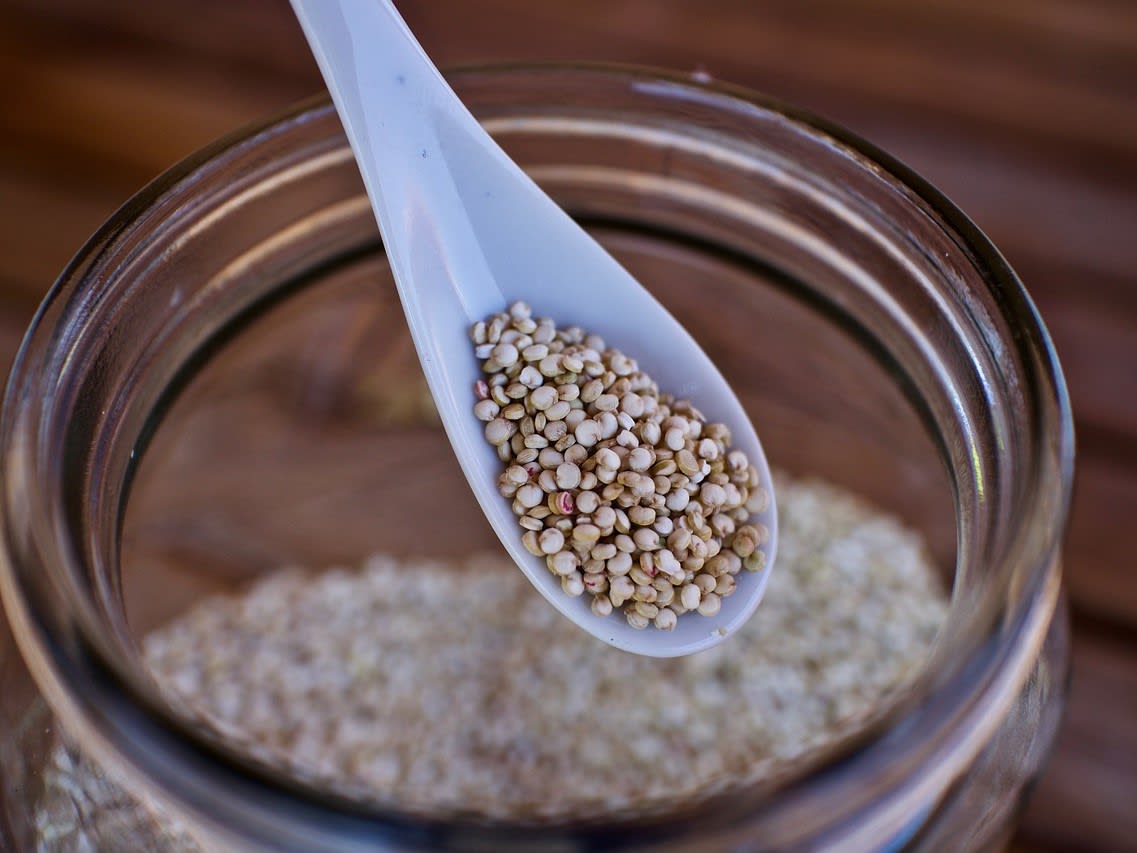
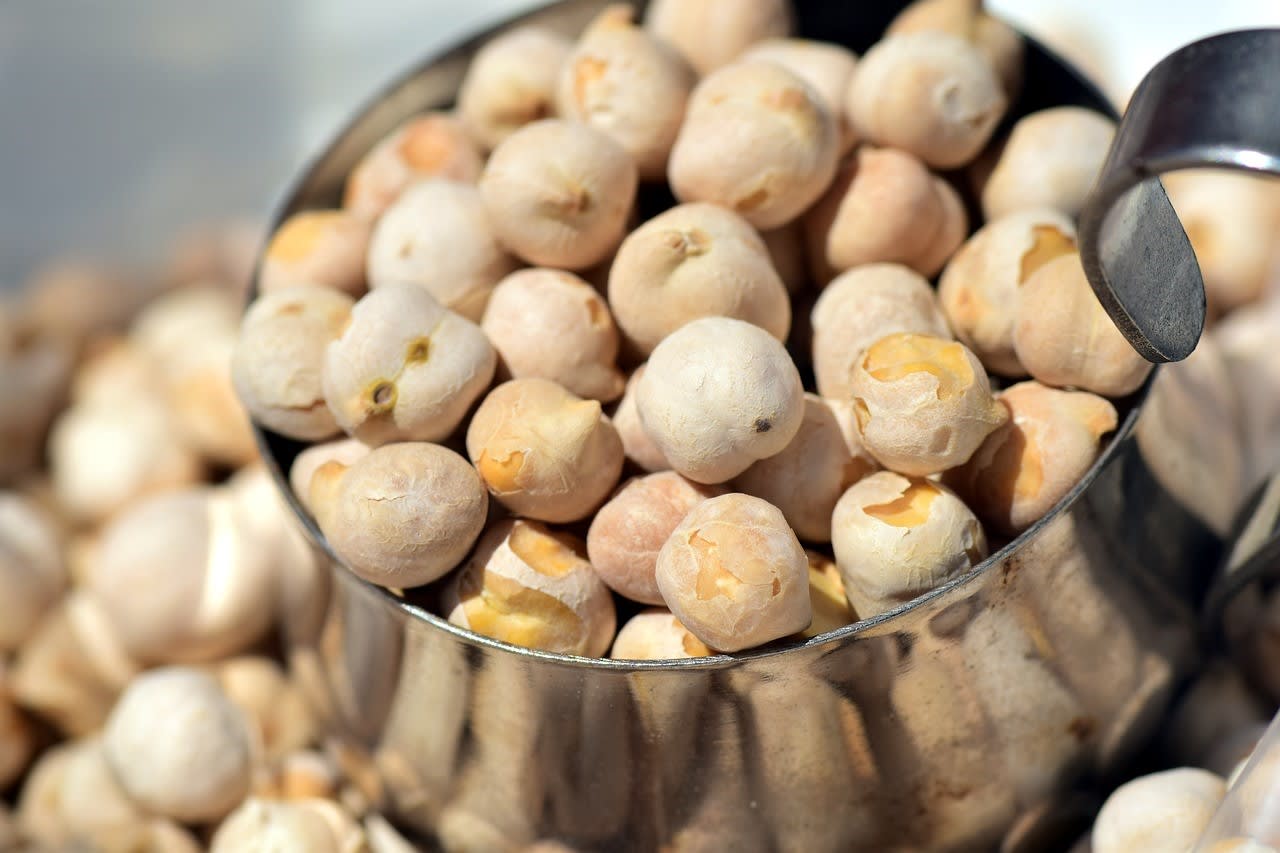

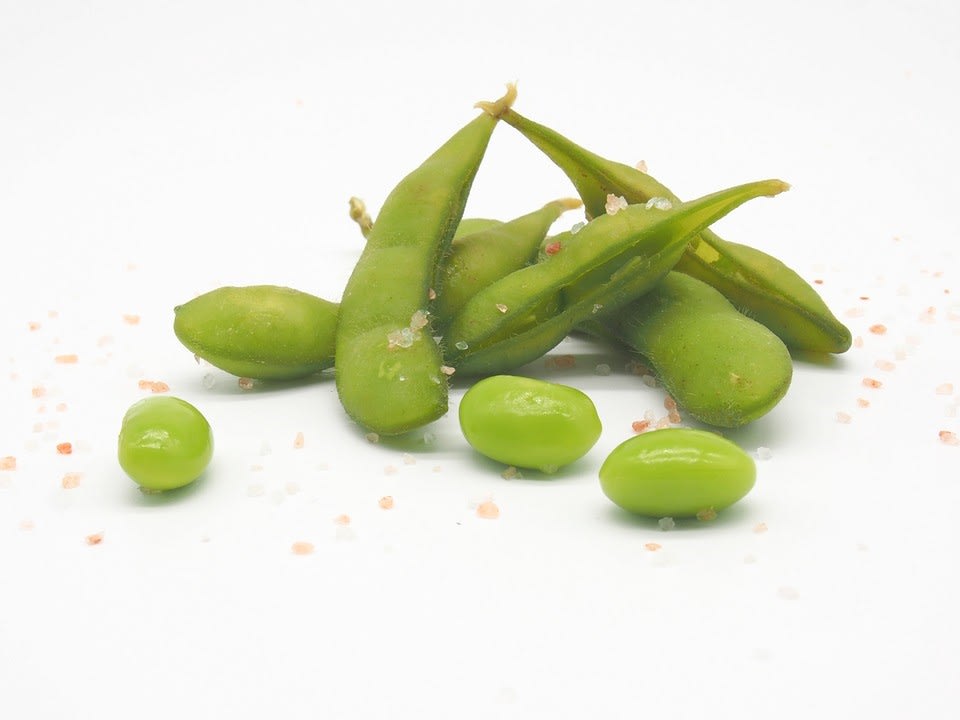
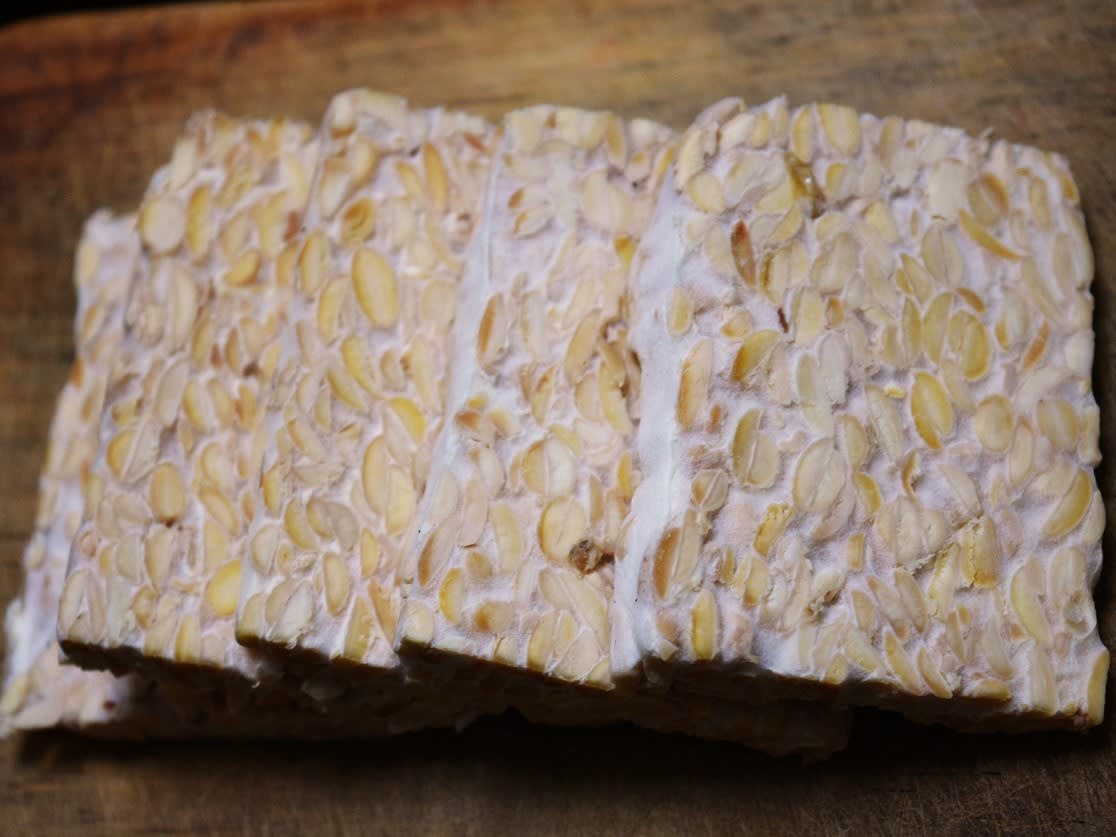
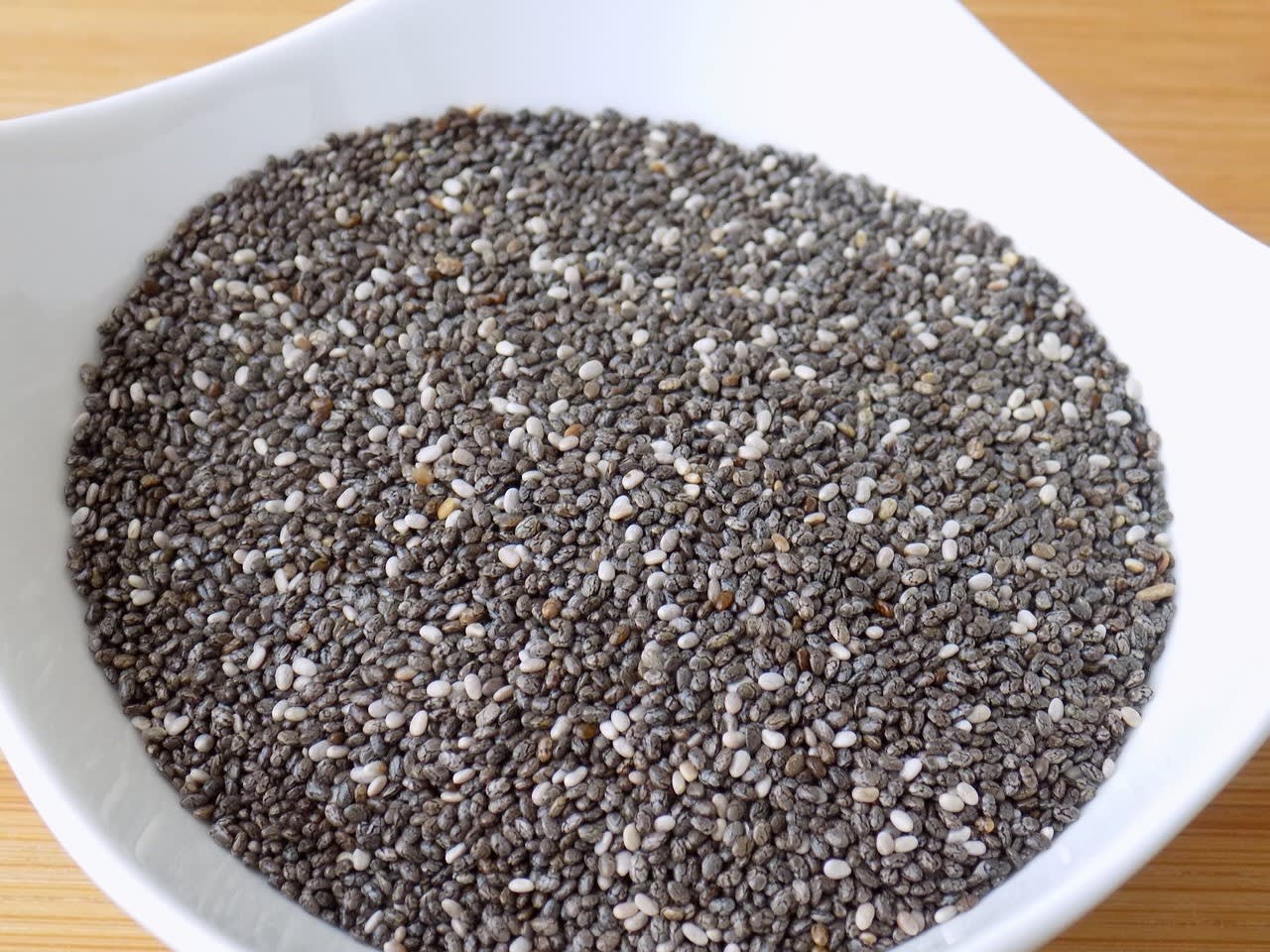
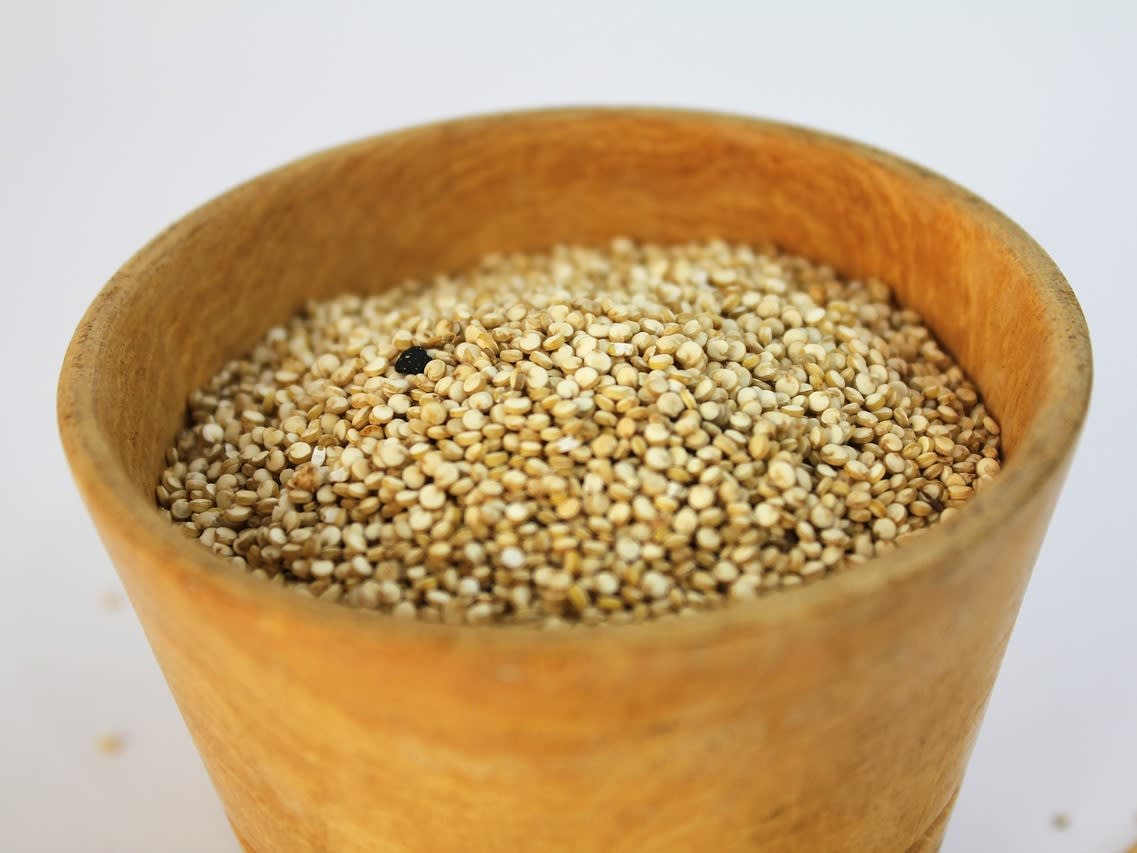
How To Incorporate More Plant-Based Proteins Into Your Diet
Here’s how you can effortlessly up your plant-based protein game and keep your meals exciting:
Start With Staples
Begin by integrating plant-based protein staples into your daily meals. Swap out meat with lentils in your chili, use chickpeas for a hearty salad topping, or start your day with a quinoa breakfast bowl. These simple substitutions not only diversify your palate but also enrich your diet with essential nutrients.
Get Creative in the Kitchen
Experiment with less familiar ingredients like tempeh or seitan. Marinate and grill tempeh for a smoky barbecue flavor, or slice seitan for a stir-fry that rivals any meat-based dish. Getting creative helps you discover the versatility and delicious potential of plant-based proteins.
Snack Smart
For snacking, think beyond the fruit and nut realm. Edamame sprinkled with sea salt, roasted chickpeas, or a smoothie boosted with hemp or pea protein powder can be both satisfying and protein-rich options that curb hunger and fuel your body between meals.
Embrace Whole Grains and Seeds
Don’t underestimate the power of whole grains and seeds. Sprinkle chia or hemp seeds on your oatmeal, or opt for a sandwich on sprouted whole-grain bread. These small additions can significantly increase your daily protein intake.
Lean on Meal Delivery Services
For those days when time isn’t on your side, a meal delivery service like Green Chef can be a game-changer. As the first USDA-certified organic meal kit company, we take pride in offering delicious, chef-crafted recipes that are as nutritious as they are easy to prepare. Our plant-based meal options are designed to introduce you to a world of flavors and proteins you might not have tried otherwise, ensuring you never have to compromise on taste or nutrition.
Overcoming Challenges on a Plant-Based Diet
Here’s how to navigate these waters smoothly, ensuring your plant-based journey is both satisfying and sustainable.
Meeting Nutritional Needs
Ensuring a balanced intake of nutrients is crucial. While plant-based diets are rich in many nutrients, paying special attention to vitamin B12, omega-3 fatty acids, iron, calcium, and vitamin D is essential. Fortified foods, supplements, and a well-rounded diet can help bridge any gaps. Consulting with a dietitian can provide personalized guidance to meet your body’s needs.
Social Dining
Dining out or eating at social events can sometimes feel limiting. Look up menus ahead of time, don’t hesitate to ask for modifications, and consider plant-based dining as an opportunity to introduce friends and family to delicious, ethical eating options. Many restaurants are expanding their vegan and vegetarian offerings, reflecting a growing interest in plant-based cuisine.
Time and Convenience
Planning is paramount for those concerned about the time investment in preparing plant-based meals. Batch cooking grains and legumes, keeping a stock of frozen veggies, and using meal delivery services can significantly cut down on meal prep time. Our plant-based options are designed to fit seamlessly into your busy lifestyle, offering nutritional balance and culinary delight without the hassle.
